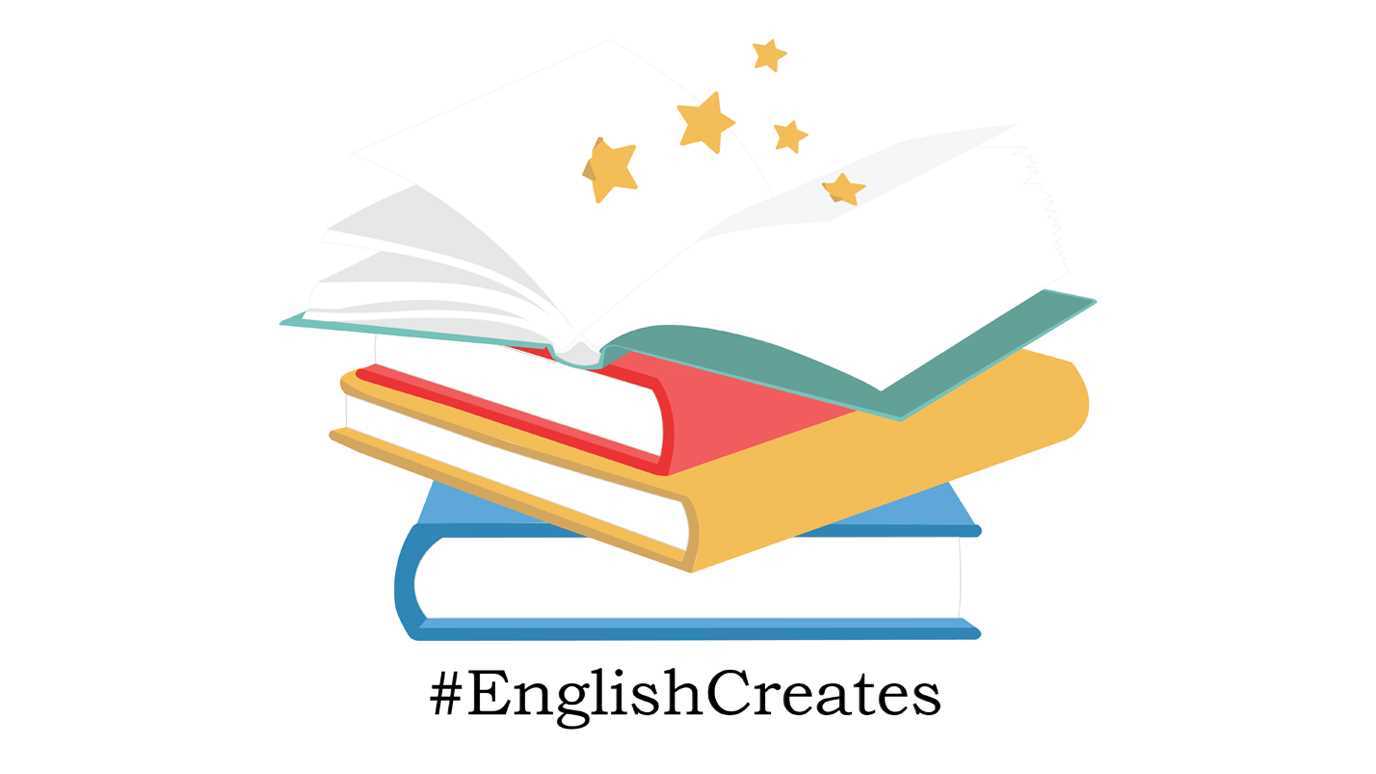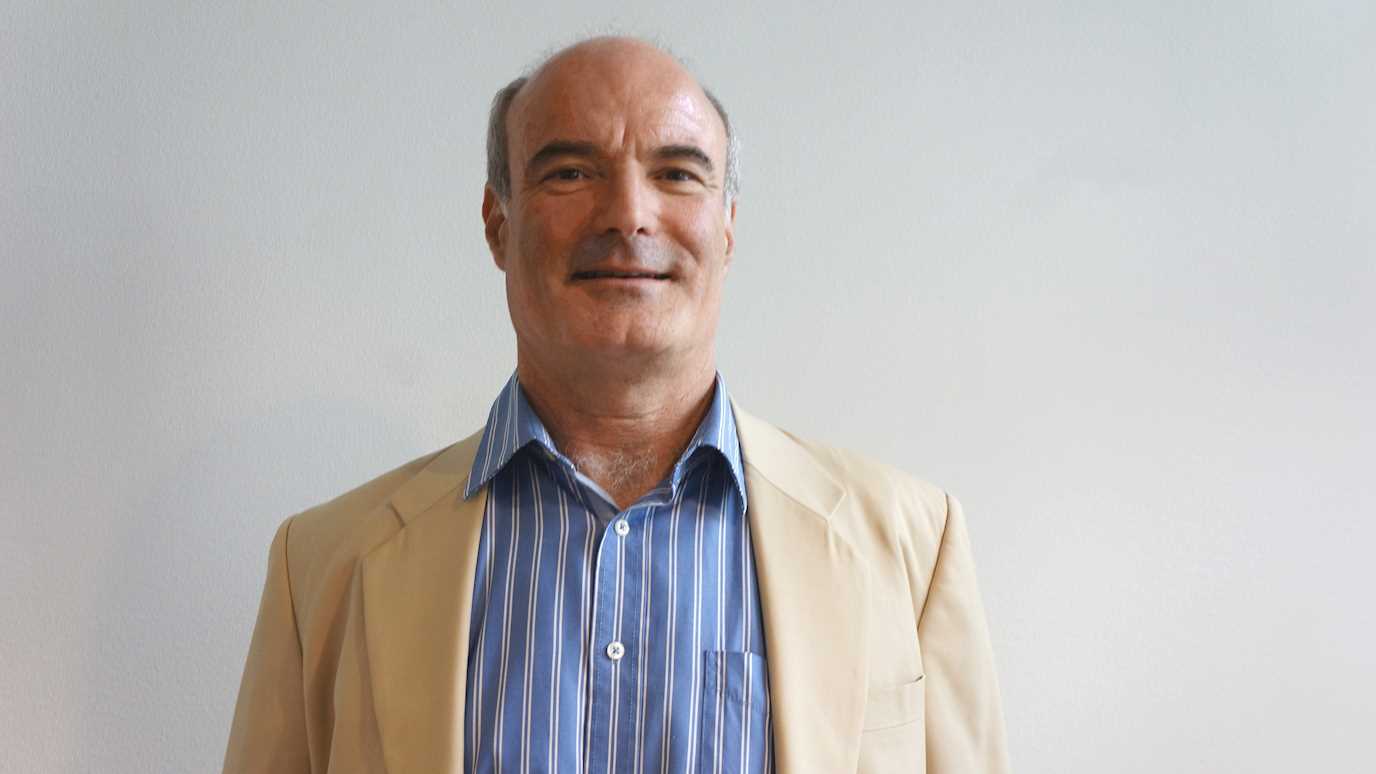Two projects supervised by Professor Alan Gange from the School of Biological Sciences are featuring at the Chelsea Flower Show this year.

Professor Alan Gange at the show
Gold medal exhibit
The first is Professor Gange's NERC-funded project investigating biological control of Himalayan Balsam. This study is collaborative with CABI and forms part of their display on using various biological control agents to control invasive weeds. Chelsea Flower Show judges awarded the exhibit a gold medal as they were very impressed. The display also featured on the BBC's South East Today news programme on Monday (22 May).
Professor Gange's work involves manipulating the microbiome (the community of fungi that live within the roots and shoots of Balsam) to enhance the efficacy of a pathogenic fungus that has been released by CABI and which only attacks Balsam. The plant forms huge stands alongside riverbanks and waterways, causing problems of flooding, erosion and the loss of native biodiversity. It is estimated that removal of the plant from the UK would cost £300 million, but biocontrol provides a cheap and sustainable control method for the future.
Alan’s team have discovered that Balsam can change the soil microbial community to its own advantage, by eliminating fungi that are beneficial to other plants and allowing bacteria to dominate. Balsam grown in soil that has previously supported the plant grow better than plants grown in soil that have not supported Balsam. However, native plants grow much worse in Balsam ‘contaminated’ soil. This explains how the plant is able to form monocultures in the same place year after year.
Postgraduate research
The second project is MSc student Lana Brace’s ‘Big garden survey’. This project is funded by the Royal Horticultural Society and aims to find out which are the most problematic pests and diseases afflicting British gardens. Currently such data are gathered from RHS member’s enquiries, but the aim is to target all gardeners, so as to understand where research funds should be targeted in the future. You can complete the survey here.
Professor Gange said: “Exhibiting our projects at Chelsea has been an incredibly useful and interesting experience. Meeting so many people and explaining the relevance of our work has been hugely rewarding. Indeed, many of their questions have given us research ideas for the future”.
Discover the postgraduate opportunities available in the School of Biological Sciences.
























